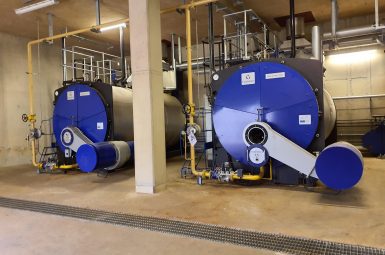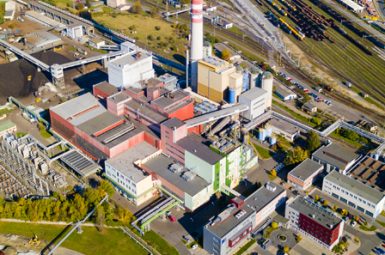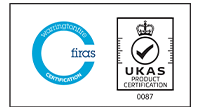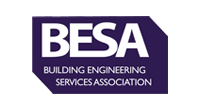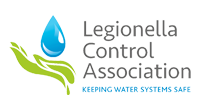Data Centre Water Treatment

Water Treatment and Engineering Solutions For Data Centres
Fuelled by a growth in Fintech, Cloud Computing, and Third-Party Storage, enterprise data centres in the UK are transforming as never before to meet the needs of an ever-adapting marketplace. As well as traditional data centres in the UK, there is also an increase in cloud and edge computing, as well as advances in colocation and hosting services.
The UK is the leading colocation services market in Europe and comprises over 250 operational colocation data centres. There has been a boom in innovations for associated services such as power, cooling, telecommunications, artificial intelligence, operations, hardware and software, all to help support this growing industry of data.
The Importance of Water Treatment Efficiencies In The Data Centre Industry
Our dedicated teams have decades of experience in dealing with Data Centres.
Whether you’re creating a new centre or improving your existing system we can help to design and build bespoke water equipment (in conjunction with Hydro-X Engineering) to make sure the equipment specification is right first time and exactly suits your needs.
To help ensure maximum system reliability, Hydro-X Water have several processes and products to be able to find and diagnose faults so the reliability of your systems can be robust. With the assistance of our processes, we can also help you to meet your sustainability targets through the recycling of water within the cooling systems and adiabatic chillers
Several of our staff are DC Pro trained. This specialist knowledge enables us to provide a products and services that are specifically for data centres such as online desludging and microbial control to ensure the water being pumped round the system is always of the correct quality to keep your centre at the right temperatures.
Our experience with data centres and water treatment enables us to offer high level, independent reviews of your systems and water quality analysis so you can have the peace of mind that your cooling systems will keep on running.
Enhancing Sustainability in Data Centers through Effective Water Treatment
Implementing effective water treatment methods in data centres not only makes them run smoother and their equipment last longer but also helps them meet sustainability goals. By using water more efficiently and reducing waste through filtration, chemical treatment, and careful monitoring, data centres can shrink their environmental impact. Sustainable water treatment also helps save water, encourages responsible water use, and fits in with the goals of environmentally conscious companies. Plus, by keeping equipment working well and making cooling systems last longer, good water treatment cuts down on the need for repairs and replacements. This means less energy used and fewer carbon emissions from data centre operations.
Our Water Treatment Solutions Include:
- Boiler Water Treatment
- Cooling Tower Water Treatment
- Legionella Compliance and Water Hygiene
- Water Pre-Treatment
- Water Reduction and Energy Saving
If you’re looking for new ways to get more out of what you already have or looking for new technology to help you stay ahead of the competition then please fill in the contact box and see how we can help you.
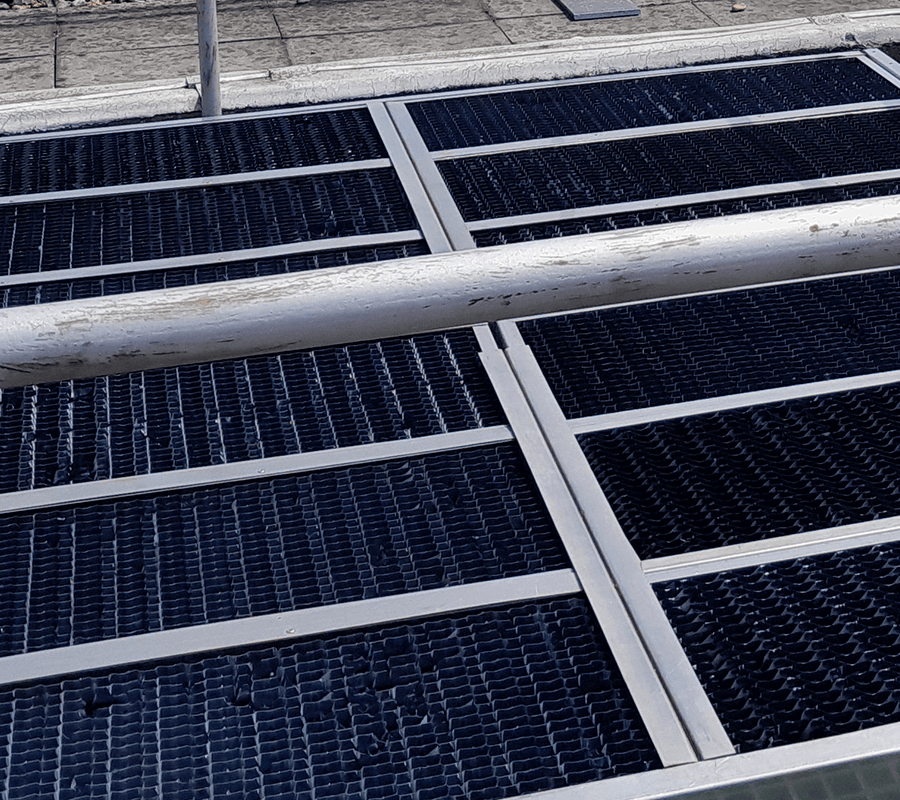
Speak To Us About Your Water Treatment Requirements
Process Engineering Solutions to Increase Value for Data Centres:
Using water and evaporative cooling, is still the primary method of cooling for many different industries. Traditional cooling systems are an effective and efficient method of temperature control for comfort cooling, and constant process cooling. However, Data Centre cooling comes with some unique challenges.
The cooling demand for Data Centres can vary not just from data centre to data centre, but also from hour to hour, and from one data hall to the next. As the heat output from the data halls can be highly changeable, the cooling systems supporting the centres must be robust and flexible to meet the demands of the site. This has led to innovations in cooling equipment including the recent increase in intelligent Adiabatic Cooling. Even with these systems, water is used extensively to assist with temperature control. Managing this varying demand for water can be a challenge for data centre operators.
Common water quality challenges that operators face for cooling systems include:
- Water storage and distribution – Ensuring that there is the right amount of water stored, and quality maintained, ready for use when the systems call for water. Too much stored water can lead to water quality issues, whilst not enough water could lead to emergency water being brought in to meet demand.
- Biological contamination – microbial organisms thrive in cooling water systems and their presence can lead to increased corrosion, fouling, scale formation and heat exchange deposit faults.
- Corrosion – commonly caused by the reoxidation of the metals from which cooling systems are constructed when exposed to water.
- Fouling – often a by-product of corrosion, fouling can also be caused by external contaminants such as dust and other matter collecting around the system.
- Scaling – scale deposits in cooling towers are often caused by insoluble minerals in the cooling water, including calcium carbonate, calcium phosphate and magnesium silicate.
Our Engineering Solutions:
We are committed to working with our customers to not only reduce running costs of cooling and chilled systems but also to reduce their environmental impact with Corporate Social Responsibility firmly in mind.
As part of this commitment, we have developed an industry-leading cooling tower bleed recovery system that recovers a portion of the bleed water to reuse as make-up water. Saving customers significant amounts of money by reducing the OPEX of cooling plants.
In addition, we offer an innovative range of bespoke services and engineered products to complement chemical and monitoring programs for cooling systems. These include:
- Water Storage, distribution, and filtration systems.
- Packaged pre-treatment: water softeners, water distribution, and ion-exchange systems.
- Chemical dosing and control systems, including remote chemical usage and level monitoring.
- Biofilm and scale monitoring systems, linked to automatic dosing for live remediation.
- Cooling tower bleed recovery systems, to capture and reuse cooling tower wastewater.
- Cooling tower refurbishments and upgrades.









